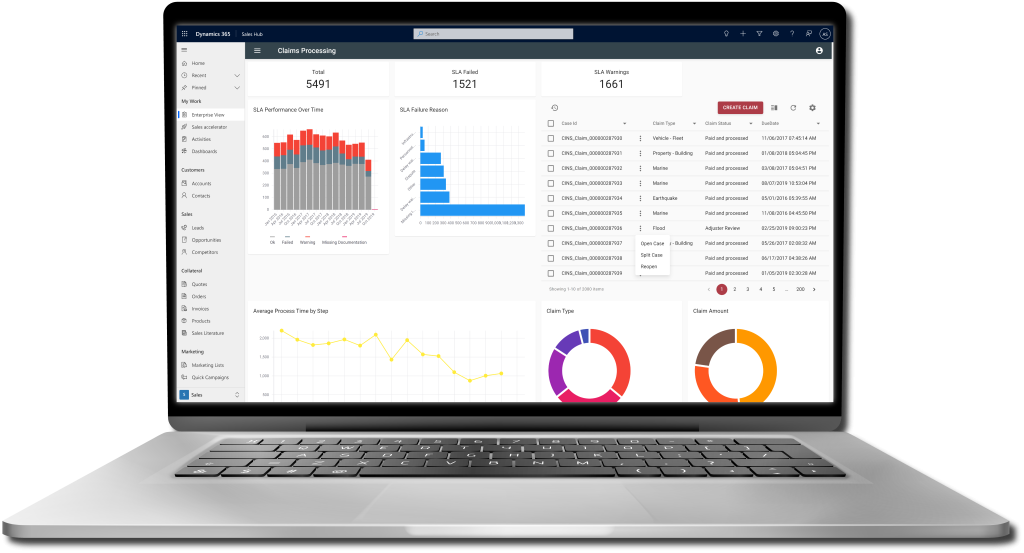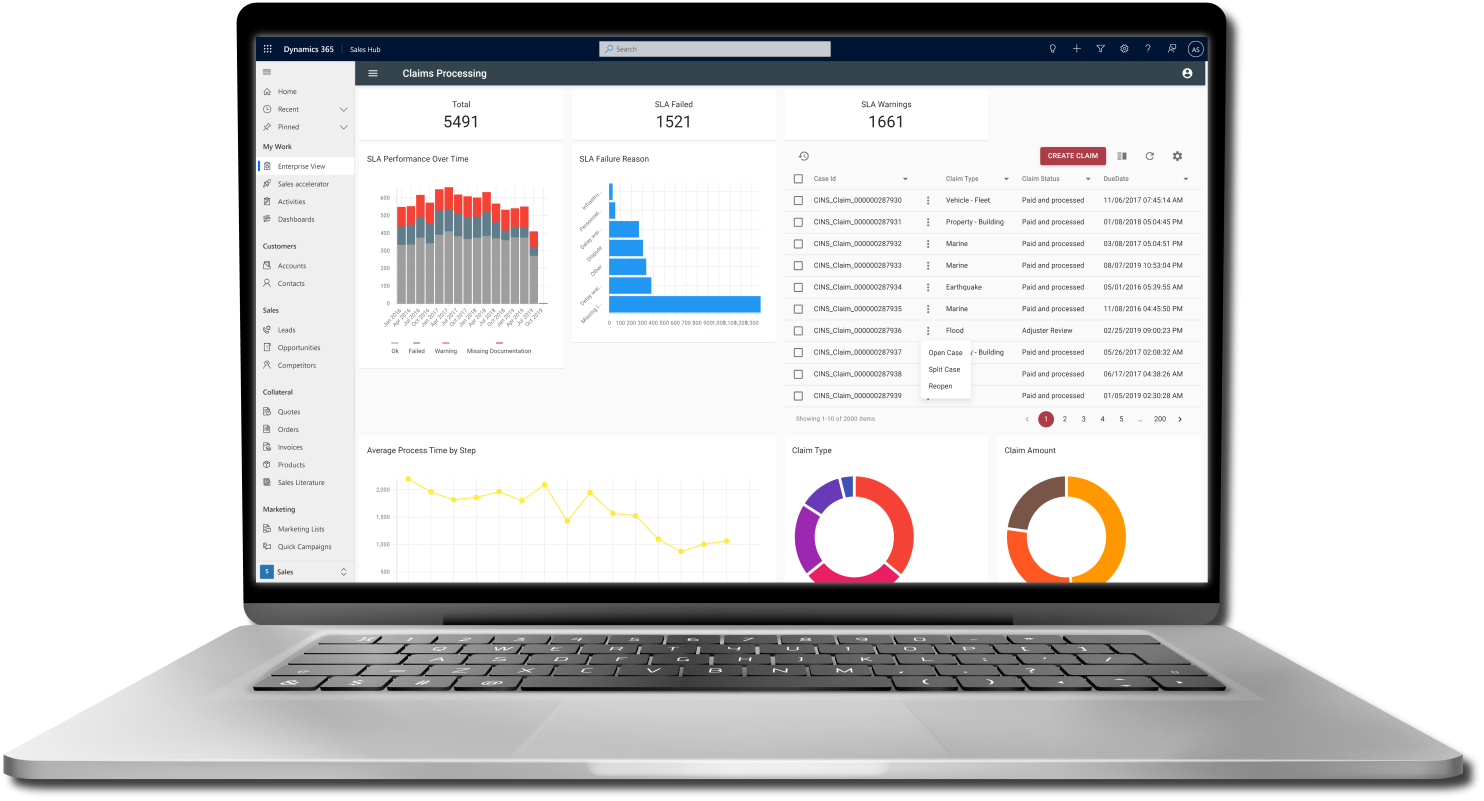In the current technology landscape, businesses and organizations are constantly faced with the challenge of staying relevant and competitive. One of the key areas that significantly impact their success is content management. Content Management Systems (CMS) play a crucial role in organizing, storing, and delivering content, but many companies still rely on outdated legacy systems. As technology advances, the importance of modernizing these legacy content management systems becomes increasingly evident. Disparate, legacy systems can lead to longer processes, redundant data, and more money spent on content store, manpower, and security measures.
1. Enhanced User Experience
In an era where user experience is a large consideration, an outdated CMS can hinder an organization’s ability to deliver content seamlessly across multiple platforms and devices. For industries like banking, or healthcare, offering multiple ways for customers to access their information is not only needed, but expected today. Users expect to be able to use their data wherever they are at just a moment’s notice. This means that a system must be able to easily connect, and update data from multiple sources.
On an employee side, having a connected and modernized solution that integrates with all data repositories allows them to do their job more seamlessly. Work processes may take less time, and there is less confusion on what is stored where, and which version is the correct one.
2. Agility and Flexibility
Legacy CMS often lack the agility required to respond quickly to market changes and customer demands. In contrast, modern CMS systems are built with flexibility in mind, allowing organizations to adapt swiftly to business needs. Whether it’s integrating new features or scaling up to accommodate increased content volume, modernization empowers businesses to stay nimble and relevant in an ever-changing digital world.
Technology is evolving faster than many companies can keep up, so we at Intellective often find work teams can’t access all of their information from one source. This leads to tribal knowledge about what is located where, and no simple way to get a document from point A to point B. Having a system that can connect all of your systems, both legacy and modern, can get rid of that issue and it’s associated risk. Unity by Intellective allows users to search, act, and transact on data no matter where it’s located all from within the Unity dashboard.
3. Enhanced Security
Cybersecurity threats continue to evolve, making data breaches and hacking attempts an ever-present danger for businesses. Legacy CMS systems may lack robust security features, making them vulnerable to attacks. Modern CMS platforms prioritize security, with regular updates, encryption, and authentication mechanisms to safeguard sensitive information. By modernizing their CMS, organizations can significantly reduce the risk of security breaches and protect their reputation and customer trust.
Again, products like Unity, bring a layered security approach. By adding Unity’s user specific security ontop of modernized and legacy systems alike you add another layer of protection. Only those that need to see information can, and changing this when needed is a simple process for admins.
4. Data-Driven Decision Making
Data has become a driving force behind successful business strategies. Modern CMS platforms come equipped with powerful analytics tools that provide valuable insights into content performance, user behavior, and engagement metrics. By leveraging this data, organizations can make informed decisions, optimize content strategies, and refine their customer targeting to achieve better results.
Below is a snapshot of what the Unity Suite at Intellective’s analytics dashboard looks like. Allowing for a simple-to-build view of all of the data from within your organization within one place. No more outsourcing your reports to another 3rd party to create them.

5. Cost-Efficiency
While the initial investment in modernizing a legacy CMS might seem substantial, the long-term cost savings are undeniable. Outdated systems often require extensive maintenance, support, and integration efforts, leading to higher operational expenses. A modern CMS reduces maintenance costs, increases productivity, and enhances overall efficiency, resulting in a better return on investment over time. Using a CMS that has various integration abilities allows it to grow with your company as you bring in new technology or retire outdated legacy systems.
Conclusion
Organizations that embrace digital transformation stand to gain a competitive edge, enhanced customer experiences, streamlined workflows, and strengthened security. Moreover, by leveraging data-driven insights and embracing a flexible approach, businesses can stay agile and adapt to the ever-changing demands of their target audience. Modernizing legacy content management systems is not just an investment in technology; it’s an investment in the future success of the organization. Embrace the possibilities of the digital age and unlock the true potential of your content management capabilities through modernization.
